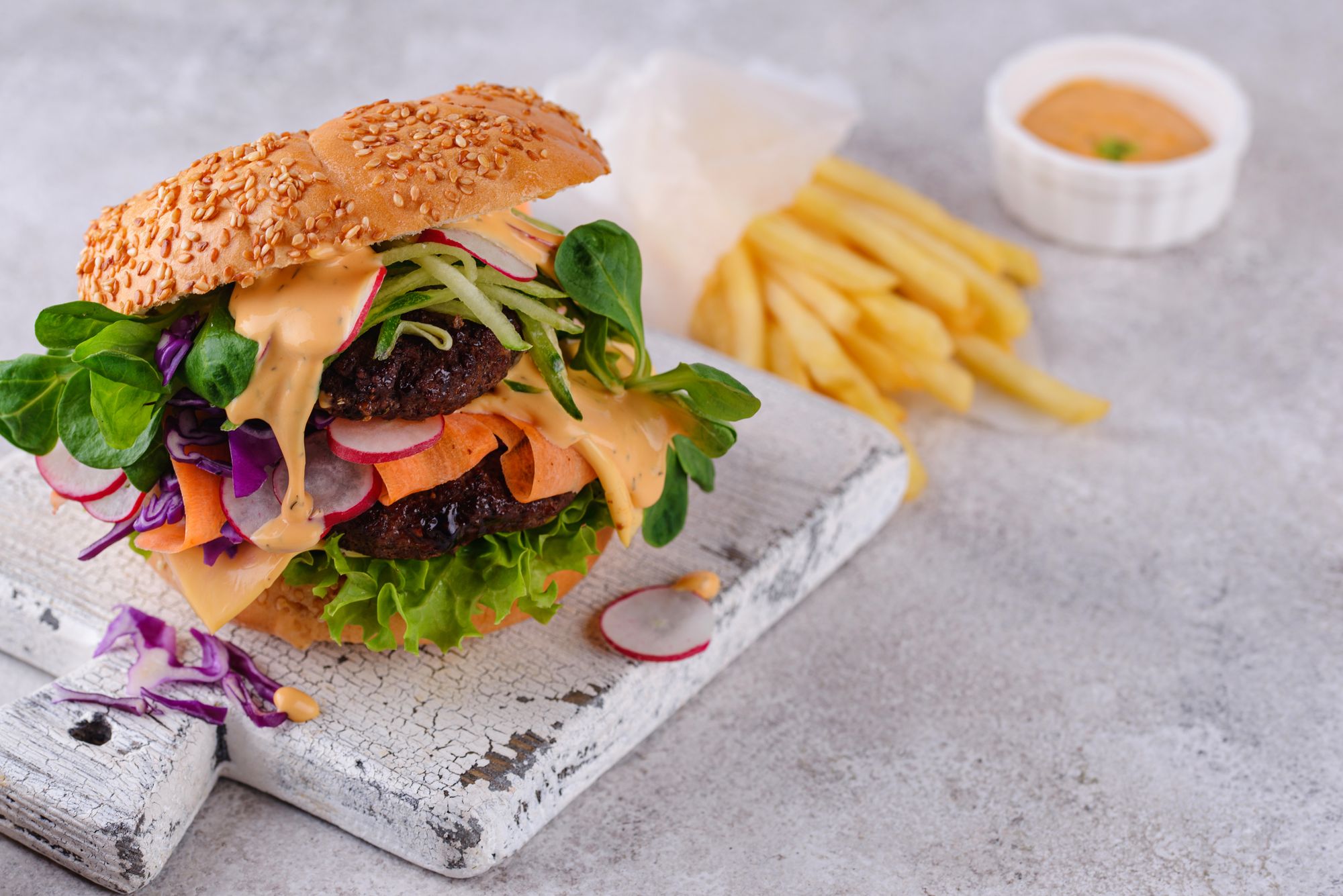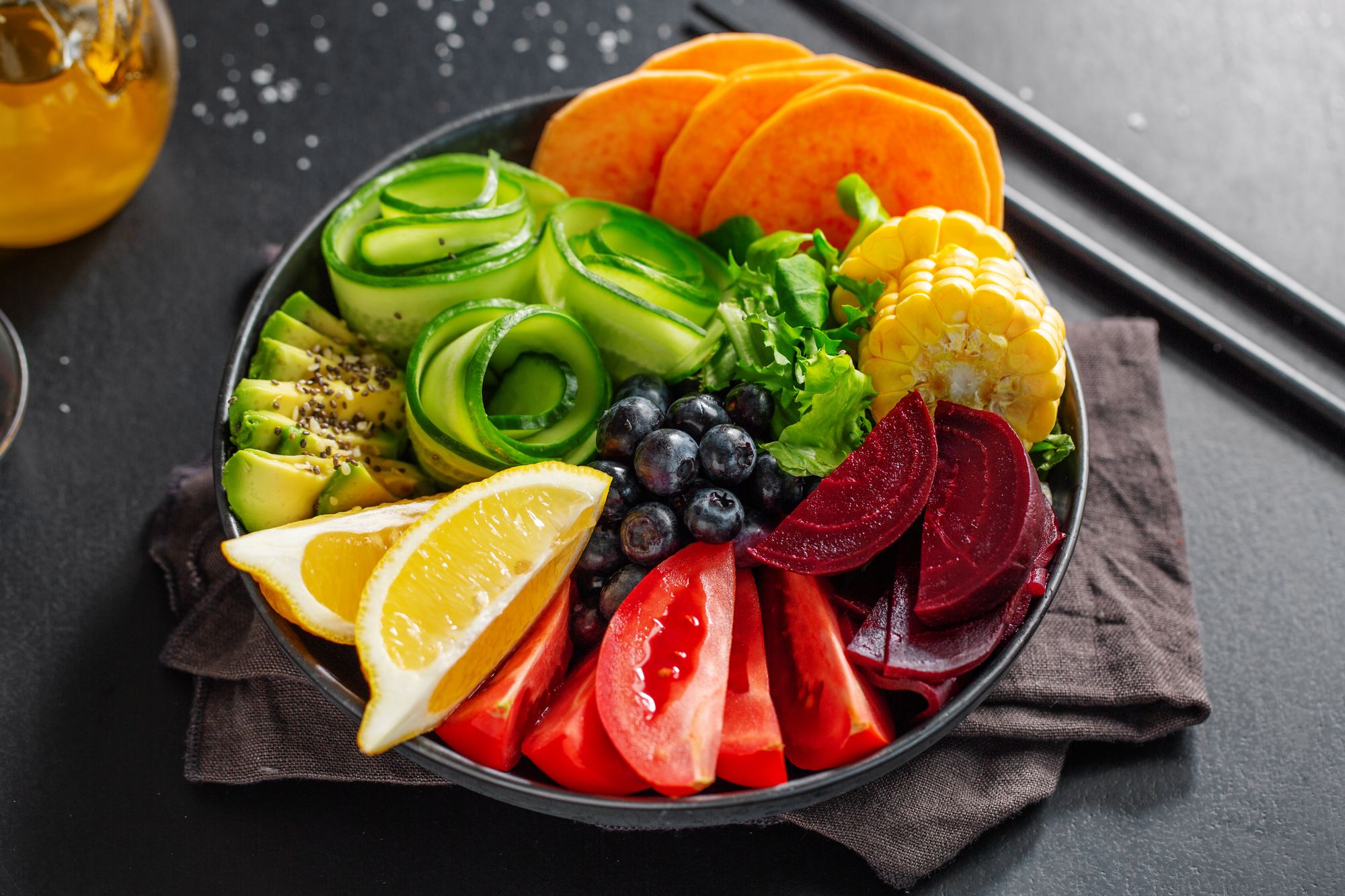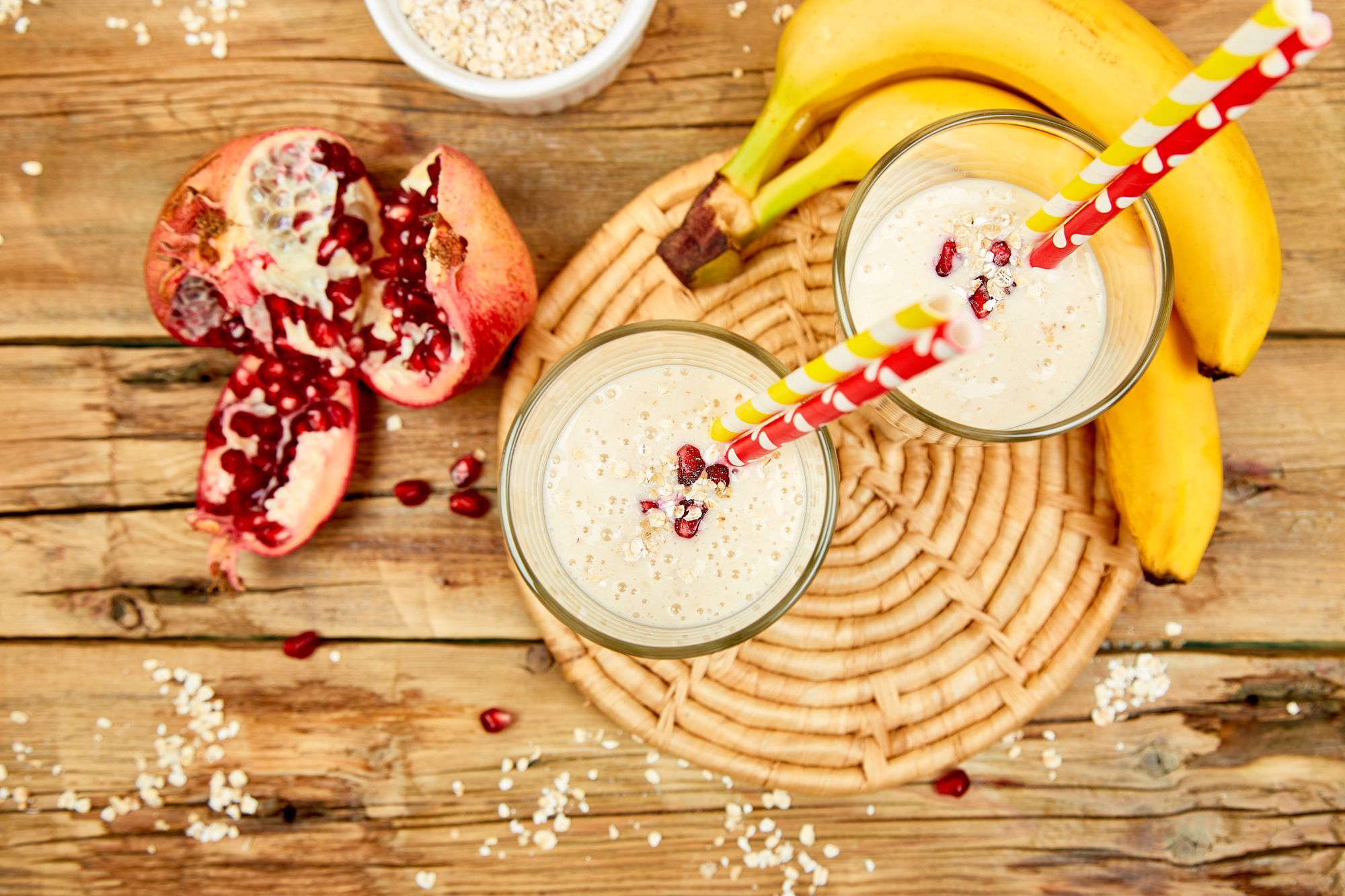Is Collagen Protein Powder a Waste of Money? (An Updated Stance)
Wondering if collagen protein powder is worth your money (especially when compared with other protein sources)? You'll find answers here.

Full disclaimer: we’ve covered collagen supplementation before, in this 2019 article titled “Things You Didn’t Know About Collagen Protein Powder”.
In it, we basically argued that the purported benefits of collagen protein powder—from muscle growth to improved skin health to joint support—are nothing worth screaming about.
That’s because poor-quality studies make up the bulk of research on collagen supplementation (which is already rare in the first place), which means their conclusions are far from trustworthy.
Then again, as we said, that was back in 2019. To put it into perspective: that was before the world we knew changed forever, thanks to COVID-19. Seemingly a lifetime ago.
So, this begs the question: is there anything new suggesting collagen protein powder is … well, now worth your money? Maybe, maybe not. Continue reading to find out.
What is collagen?
Collagen is your body’s most abundant structural protein. You can think of it as scaffolding; it provides structure to your skin, bones, tendons, and cartilage.
Collagen powder vs. protein powder: which benefits muscle growth more?
Sorry to disappoint, but there haven't been any real advancements in scientists' knowledge on the efficacy of collagen supplementation in the following:
- Skin, hair, and nail health
- Joint health
- Bone health
- Gut health
All’s not lost, though (because what’s the point of this article otherwise?)
A 2021 study pits collagen protein powder against whey protein powder to see which results in better muscle growth. And excitingly, the researchers didn’t simply match the intake of whey protein to collagen protein (e.g., 20 grams of whey to 20 grams of collagen).
Instead, they went the extra mile, matching the two's leucine content. Note: collagen has a lower leucine concentration than whey protein per gram.
But wait, what’s the point of leucine-matching? While all BCAAs—including leucine, isoleucine, and valine—are crucial to muscle growth, research suggests that leucine is unique in stimulating muscle protein synthesis.
By matching the two’s leucine content, the scientists essentially put collagen protein on more equal grounds to whey protein. In other words: it’s a fairer comparison.
Now, back to the study. The researchers randomly assigned participants to two groups:
✌️ Group 2 received 35 grams of collagen protein (with 3 grams of leucine) post-training
After ten weeks of thrice-weekly resistance training sessions, the participants who’d consumed whey protein experienced significantly more muscle growth—specifically, in the vastus lateral and biceps brachii—than those who’d consumed collagen protein.
Perhaps more damning evidence of collagen's inferiority to whey protein is that both groups lifted a similar volume and developed (roughly) equal power.
Bottom line? Collagen protein powder still can’t beat whey protein powder at eliciting muscle growth post-training. Ouch.
What about vegans?
Okay, so collagen protein powder can’t beat whey protein powder. But what if you’re a vegan? Whey protein’s (obviously) out of the question for you.
Thinking of transitioning to a plant-based diet? This article may help:

Here’s a shocker: collagen is not vegan. All collagen products available in the market are sourced from animals:
🐖 Porcine collagen: Pigs
🐟 Marine collagen: Fishes or other marine life, like octopuses
🐔 Poultry collagen: Chickens
🐑 Ovine collagen: Sheep
Um … so, what’s up with the “vegan collagen powders” you’ve seen in supplement stores? '
Well, the truth is that they don’t contain a single bit of collagen at all.
Instead, they’re typically a mix of collagen-boosting ingredients, like vitamin C, zinc, hyaluronic acid, and biotin to bolster your body’s ability to produce more collagen.
And this, unfortunately, also means that “vegan collagen protein powders” often contain zero (!) protein.
Meaning? If you’re a vegan, avoid collagen protein powders.
If you struggle to meet your daily target protein intake through your diet, do try to pick a “complete” protein powder. That means it should contain the nine essential amino acids your body needs in roughly the same amounts.
Examples of complete plant-based protein sources include hemp and soy. Note that you don't necessarily have to stick with a "single-source" protein powder.
A protein powder that boasts a blend of plant-based protein sources, like peas, sprouts, and seeds, could also help you get all essential amino acids.
Psst: want to learn how to create delicious vegan meal plans you actually want to eat? See below:

Should you take collagen protein powder? Is collagen powder good for you?
Asking yourself the following questions may help you find the answer to that:
Are you looking to optimize muscle growth?
Collagen protein powder elicits poorer muscle growth even when leucine-matched with whey protein (because it’s an incomplete protein source).
Worse, collagen isn't plant-based, meaning vegans should steer clear. That said, the good news is that there are plenty of plant-based protein powder alternatives available.
Are you willing to spend more money in hopes that it’ll give you better skin, etc.?
It’s no secret. Collagen protein powder is way more expensive than other protein types (as it supposedly could exert anti-aging benefits, amongst others?)
For illustration's sake, let's compare collagen and whey protein prices. Eighteen grams of collagen protein from Vital Proteins cost US$1.93, while 18 grams of whey protein from Myprotein costs US$0.32.
Will the extra money spent give you more youthful-looking skin, painless joints, and luscious hair? You need to be comfortable with not knowing for sure.
In the mood to learn more about protein? Check out the following articles:



Takeaway
Collagen protein powder may not be the wisest choice for anyone looking for:
- Maximal muscle gains
- A plant-based protein powder
- A budget-friendly protein source (learn how to get your protein on the cheap here)
Ultimately, it’s also worth remembering that while hitting your daily protein intake target is important, muscle growth will only take place against the backdrop of resistance training. In other words: don’t forget to put in the work at the gym, too!
Need help with planning your workouts? Check out GymStreak:
This Way To Well-Structured Workout Routines.
We do the work for you, so all you need to do is show up at the gym—and give your best.
References
Columbus, D. A., Fiorotto, M. L., & Davis, T. A. (2015). Leucine is a major regulator of muscle protein synthesis in neonates. Amino Acids, 47(2), 259–270. https://doi.org/10.1007/s00726-014-1866-0
Hoffman, J. R., & Falvo, M. J. (2004). Protein—Which is Best? Journal of Sports Science & Medicine, 3(3), 118–130.
Jacinto, J., Nunes, J. P., Gorissen, S., Capel, D., Bernardes, A., Ribeiro, A., Cyrino, E., Phillips, S., & Aguiar, A. (2021). Whey Protein Supplementation Is Superior to Leucine-Matched Collagen Peptides to Increase Muscle Thickness During a 10-Week Resistance Training Program in Untrained Young Adults. International Journal of Sport Nutrition and Exercise Metabolism, 32. https://doi.org/10.1123/ijsnem.2021-0265
León-López, A., Morales-Peñaloza, A., Martínez-Juárez, V. M., Vargas-Torres, A., Zeugolis, D. I., & Aguirre-Álvarez, G. (2019). Hydrolyzed Collagen—Sources and Applications. Molecules, 24(22), 4031. https://doi.org/10.3390/molecules24224031


